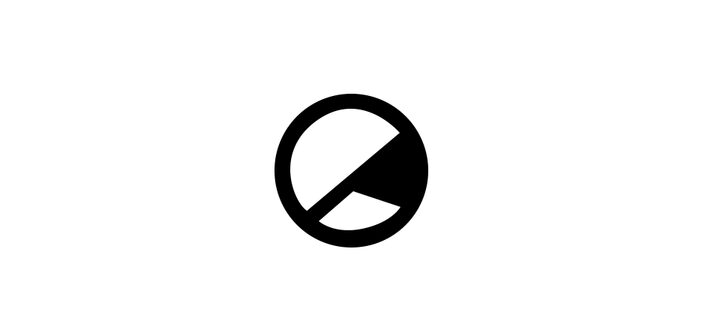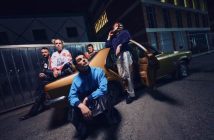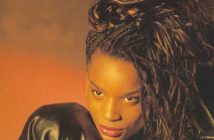Hip-hop is a genre that is heavily linked with hypermasculinity and heteronormative sensibilities. Regardless, at the turn of the century we began to see a rise of LGBTQ+ artists transforming the hip-hop scene such as Big Freedia, Deep Dickolletive, Le1f and Mykki Blanco. Hip-hop is not a genre that is typically accepting of homosexuality but, through the rise of homo-hop in the early 2000s, queer hip-hop artists are beginning to hit the mainstream. From Frank Ocean to Lil Nas X to Syd the Kyd, hip-hop has evolved into a genre that finally has a space for the LGBTQ+ community.
The beginnings of hip-hop already explain why there is a growing movement of LGBTQ+ artists within the scene, with the genre being used as a tool embraced by African Americans and Latinos to freely express their discontent with the racism and prejudice of American society. These two themes interlink with the way many black queer rappers today are discussing their sexuality, with artists such as Kevin Abstract who, in his works both with Brockhampton and as a solo artist, speaks of his experience being black and gay in America. The way Abstract raps on tracks such as ‘Junky’ and ‘Star’ is powerful as he expresses his sexuality the same way heterosexual rappers of the nineties did, by freely rapping about his sexual exploits, which is typical for the works of a heterosexual rapper. You can see this when comparing Abstract’s work to that of rapper Syd the Kyd’s, especially with the track ‘Body’, where she flaunts her homosexuality and talks about sex the same way that 2Pac does in ‘‘Temptations’. When comparing the beats of the two songs, they are completely different, but the way in which they discuss sex is the same, showing that LGBTQ+ rappers are able to fully immerse themselves into the hip-hop genre just as straight artists have done before them.
As iLoveMakonnen stated “we are finally starting to see queer men celebrated in the genre”; this is most apparent through the growth of hip-hop in the drag scene. Artists such as Mykki Blanco, Le1f and Zebra Katz are drag queens who use their femininity and gender ambiguity as tools to further push the boundaries of the hip-hop genre. Sampling tracks is common in hip-hop, as seen in Kanye West’s ‘Gold Digger’ which samples Ray Charles’ ‘I Got a Woman’. The drag scene does the exact same by sampling Paris Is Burning and borrowing beats from ballroom music, which even the ‘queen of drag’ herself RuPaul has become famous for doing.
The acceptance of the LGBTQ+ community in hip-hop owes its thanks to the Deep Dickollective, formed by Juba Kalamka, Tim’m T. West and Phillip Atiba Goff. They began working together after finding that, due to their homosexuality, they were given less opportunities as MC’s, motivating them to dominate the LGBTQ+ rap/homo-hop scene in the early 2000s. The amazing thing about this group is that they stick to typical hip-hop roots with their aggressive and boisterous sound. However, they make clear their sexuality doesn’t fit with the masculine nature of hip-hop, most evident in tracks ‘Butchqueen’ and ‘For Colored Boys’. Black queer artists have built a space for all LGBTQ+ individuals in the hip-hop scene, and this should not be forgotten. After all, a black transgender woman, Marsha P. Johnson, is the leading symbol of our community’s freedoms.



![Midge Ure on Legacy, Live Aid, and his upcoming ‘Catalogue’ tour: ‘The idea that there could be an [AI] Ultravox in 40/50 years from now is terrifying’](https://theedgesusu.co.uk/wp-content/uploads/2024/03/download-214x140.jpg)
